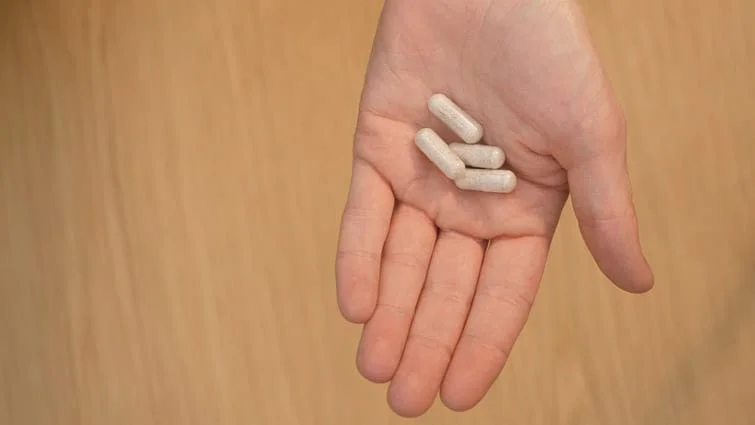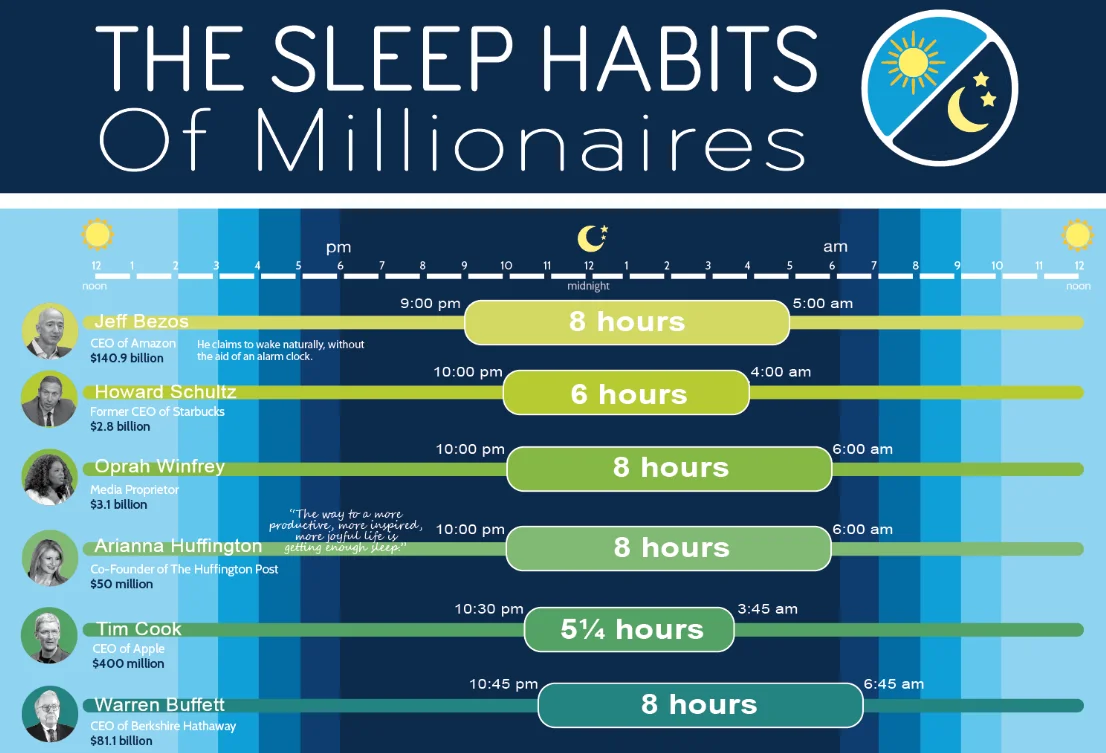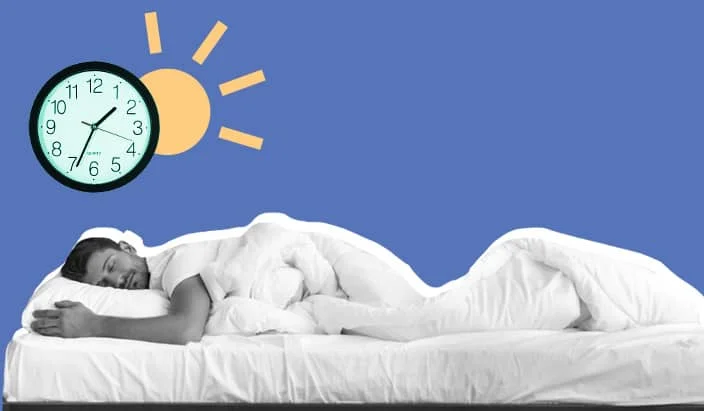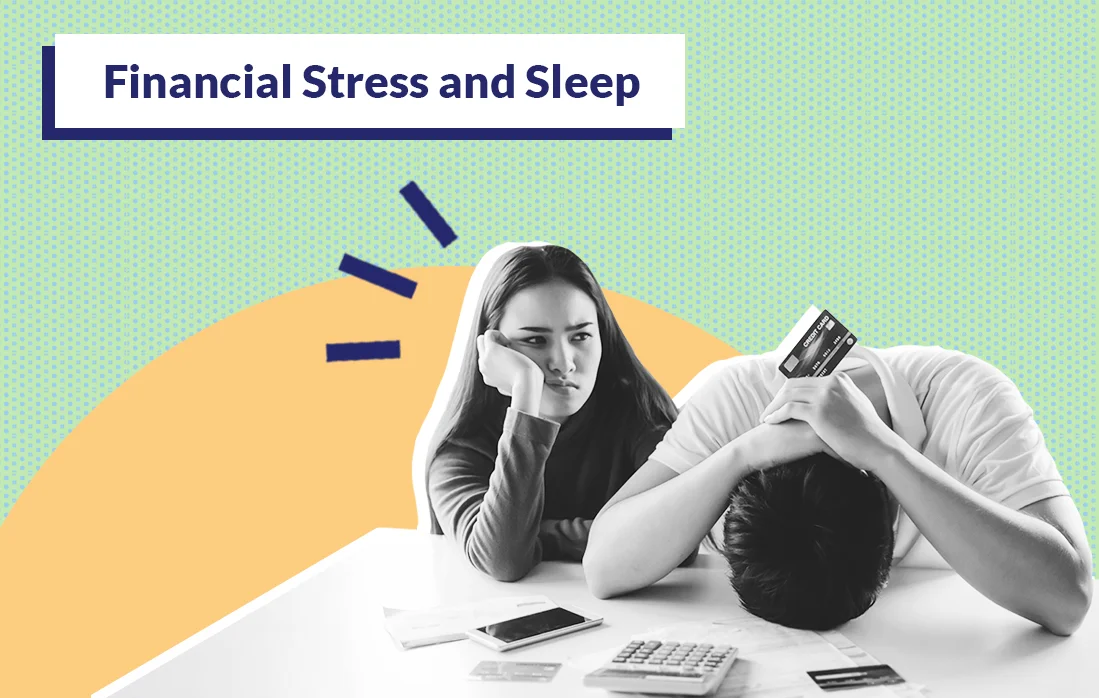
America has long been fascinated by top CEOs’ personal habits, from what time they get up, to their workout routines, to just how much or little sleep they get. It’s no different with OpenAI CEO Sam Altman, who returned to the company as CEO after the company’s board fired him a week prior. The 38-year-old let us glimpse into his personal tips and tricks for maximizing efficiency, Business Insider reported on January 2nd (1).
In addition to trying to hack his personal wellness, he is well known as a survivalist, trying to prepare for the end times with guns and gold, and other supplies. He also is interested in trying to extend his lifespan, Insider reports.
A Day In the Life of This High-Powered CEO
Here’s a glimpse at a day in his life based on multiple accounts and details he’s publicly shared in the past few years, which Insider compiled in the same article.
- A 15-hour fast, broken only by a shot of espresso right after waking up
- Catching up on emails while he uses a full spectrum LED light for 10-15 minutes. He has called this a “ridiculous gain” for him.
- Avoiding early meetings since that’s when he’s at his most productive. He also only schedules meetings for 15-20 minutes, or for two hours, calling many meetings a “waste of time.”
- Another espresso shot after lunch.
- Protein shakes to supplement his vegetarian diet — even though he says he “hates” them
- Heavy lifting three times per week with some HIIT training
- Avoiding too much food before bedtime and skipping alcohol to help with sleep
- Dozing off with the help of cannabis or low-dose sleeping pills in a cold, dark, and quiet room
His routine begs the question: is he onto something? Here’s what research says about his habits, and whether us regular folks should give them a go.
Low-Dose Sleeping Pills
According to the Mayo Clinic, it’s extremely important that sleeping pills (even low-dose) are only taken when you can guarantee yourself 7-8 hours of sleep. If you stop sleeping pills, they also suggest you do so gradually to avoid adverse side effects. Rebound insomnia can be a con when it comes to stopping sleeping pills.
Lighting
According to a 2021 study, people exposed to natural light sleep better and have better mental health when compared to those who spend the majority of their time in artificial light (2). Other research even shows that the amount of daylight in a home greatly impacts how happy or sad people are (3). Altman has us all looking into those LED lights that he says have been so beneficial.
Diet
A 2020 study found that an anti-inflammatory diet may lead to improved sleep quality, and another study found that those with pro-inflammatory diets typically had decreased sleep efficiency, later bedtimes, and increased WASO (wakefulness after sleep onset) (4, 5). Anti-inflammatory foods that help with sleep quality include pistachios, salmon, oatmeal, almonds, and kiwi.
Sleep Temperature
A new study from 2023 found that older adults may have better sleep quality with a higher room temperature than previously thought (6). In addition, a 2019 study suggested that the key to quality sleep is feeling warm while the air around you is cool. It might be easier to appease your bed partner by having them throw on another blanket than trying to sleep in a too-hot environment.
Cannabis for sleep
A 2022 study shows improvements in sleep in those taking CBD for insomnia, but an older 2016 study found that daily users of cannabis actually had worse sleep outcomes because of tolerance and dependence on it (7, 8).
Using CBD might not be sustainable over time, though, some reports show.
While no sleep and efficiency hacks are one size fits all, Altman’s routine reminds us that we can take control of our daily wellness routine, however is most effective for us, and customize it to meet our goals.

Millionaire Sleep Habits: Do They Make All The Difference?

Elon Musk Asked the Twittersphere for Sleep Advice, and Twitter Delivered

A Guide to Managing Financial Stress for Better Sleep

More Seniors Are Reaching For Cannabis to Ease Sleep Issues, But Is It Safe?
Sources
1. Kirschner, Kylie. “OpenAI CEO Sam Altman Uses This Daily Routine to Boost Productivity,” Insider; https://www.businessinsider.com/open-ai-sam-altman-daily-routine-schedule-for-productivity-2024-1; January 2, 2024.
2. Nagare R, Woo M, MacNaughton P, Plitnick B, Tinianov B, Figueiro M. Access to Daylight at Home Improves Circadian Alignment, Sleep, and Mental Health in Healthy Adults: A Crossover Study. Int J Environ Res Public Health. 2021 Sep 23;18(19):9980. doi: 10.3390/ijerph18199980. PMID: 34639284; PMCID: PMC8507741.
3. Javiera Morales-Bravo, Pablo Navarrete-Hernandez; “Enlightening wellbeing in the home: The impact of natural light design on perceived happiness and sadness in residential spaces,” Building and Environment, Volume 223, 2022, 109317, ISSN 0360-1323, https://doi.org/10.1016/j.buildenv.2022.109317.
4. Wirth MD, Jessup A, Turner-McGrievy G, Shivappa N, Hurley TG, Hébert JR. Changes in dietary inflammatory potential predict changes in sleep quality metrics, but not sleep duration. Sleep. 2020 Nov 12;43(11):zsaa093. doi: 10.1093/sleep/zsaa093. PMID: 32406919; PMCID: PMC7658634.
5. Farrell ET, Wirth MD, McLain AC, Hurley TG, Shook RP, Hand GA, Hébert JR, Blair SN. Associations between the Dietary Inflammatory Index and Sleep Metrics in the Energy Balance Study (EBS). Nutrients. 2023 Jan 13;15(2):419. doi: 10.3390/nu15020419. PMID: 36678290; PMCID: PMC9863135.
6. Amir Baniassadi, Brad Manor, Wanting Yu, Thomas Travison, Lewis Lipsitz; “Nighttime ambient temperature and sleep in community-dwelling older adults,” Science of The Total Environment, Volume 899, 2023, 165623, ISSN 0048-9697, https://doi.org/10.1016/j.scitotenv.2023.165623.
7. Vaillancourt R, Gallagher S, Cameron JD, Dhalla R. Cannabis use in patients with insomnia and sleep disorders: Retrospective chart review. Can Pharm J (Ott). 2022 Apr 15;155(3):175-180. doi: 10.1177/17151635221089617. PMID: 35519083; PMCID: PMC9067069.
8. Conroy, Dierdre A.; “Marijuana use patterns and sleep among community-based young adults,” Journal of Addictive Diseases; https://www.tandfonline.com/doi/abs/10.1080/10550887.2015.1132986?journalCode=wjad20&; February 1, 2016.

























